John Grierson

Introduction
John Grierson CBE(1898 - 1972) was a pioneering Scottish documentary maker, often considered the father of British and Canadian documentary film. He was the first person who uses the word "documentary" to describe film making that involved real people, and not actors, and situations taken from real life.
He described his approach to the films as
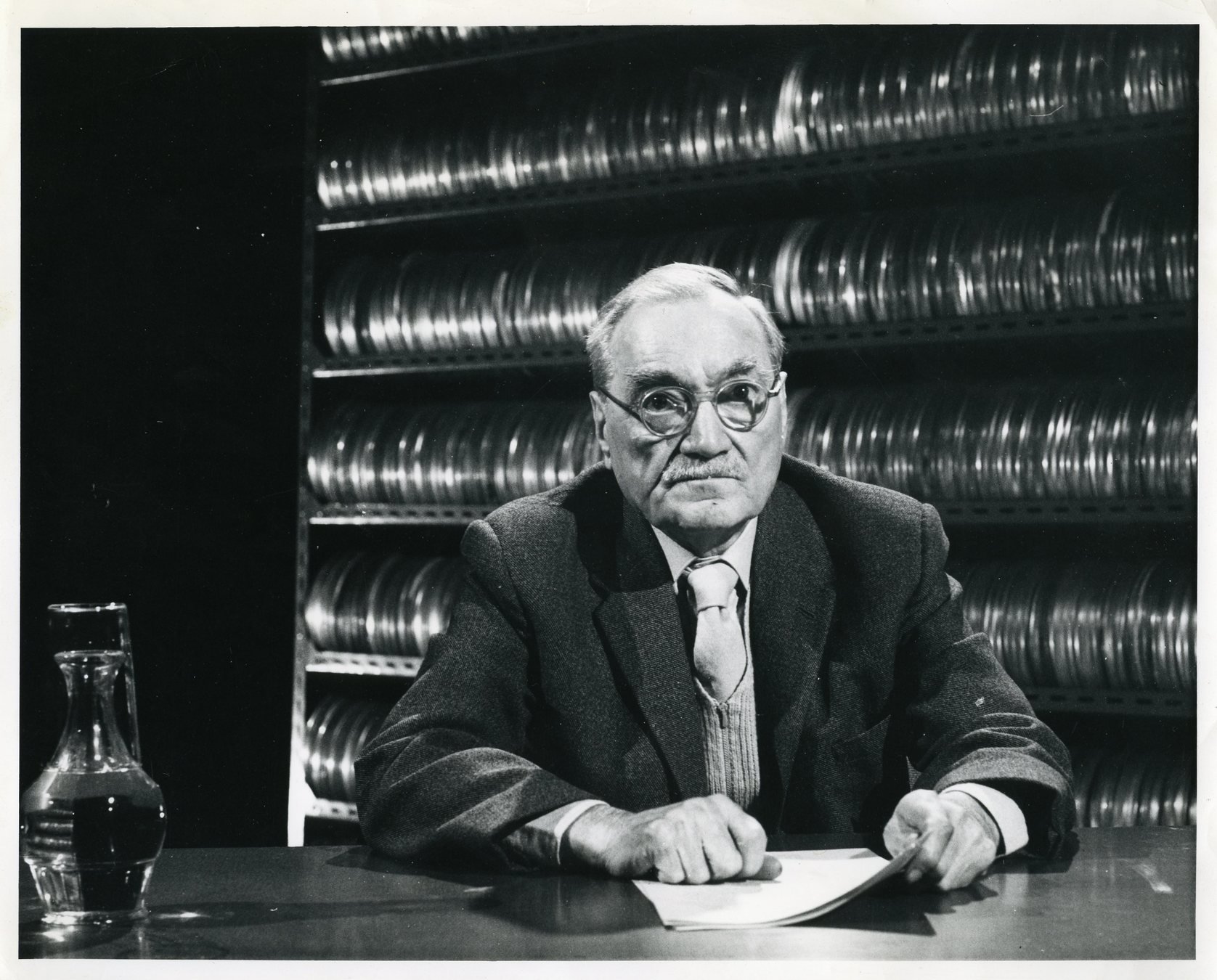
"the creative treatment of actuality" using "fragments of reality"
More information about him
Grierson was born in Perthshire, Scotland, son of a school headmaster. He studied philosophy at Glasgow University, but was drawn into film-making through post-graduate study in the US. His ground-breaking work on the Scottish herring fleet, Drifters, has its premiere in 1929 alongside the first British showing of Eisenstein's Battleship Potemkin. In 1936, he produced the celebrated Night Mail, directed by Harry Watt with script by W.H. Auden and score by Benjamin Britten.
He has a great influence of mass media on public opinion
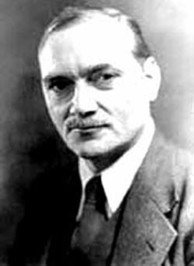
About the influence
- Grierson's influence on factual film-making was immense, underpinned by a strong social commitment. Of this he said: "The basic force behind [documentary] was social and not aesthetic. It was a desire to make a drama out of the ordinary, to set against the prevailing drama of the extraordinary: a desire to bring the citizen's eye in from the ends of the earth to the story, his own story, of what was happening under his nose."
- The documentary(especially on television) has gone through many stages of creative development since he died, but he left behind a legacy in the many film-makers who dominated the British Factual film (and BBC television) after the war. It could well be argued that the special place of excellence enjoyed by British television today owes much to that tradition, which was available to make movies when the BBC only had radio experience behind it.
- Film-makers who worked with Grierson or were inspired by his approach to documentary later permeated the BBC and television generally. His influence and enthusiasm spread everywhere.
Night Mail
- As a filmmaker, Grierson understood that he could not film 'reality', because the director or programme maker always had some input into the interpretation of any scene.
- In the celebrated documentary film Night Mail about the mail trains that took the post overnight from London to Edinburgh, Grierson recreated scenes in the studio that he was not able to film on the train. Imagine how difficult it would have been to use the huge and heavy cameras of the time on a moving train. So he constructed carriages in a studio in London and brought down the postal workers to 'recreate' a typical evening's work.
- This shows that it still has some acting part in the documentary
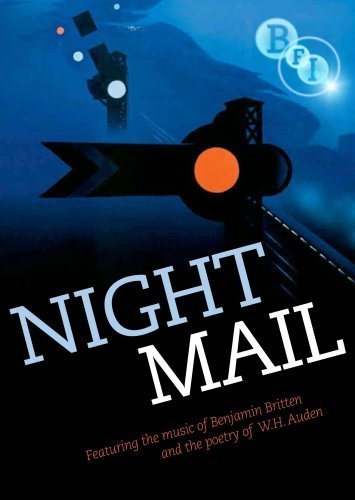
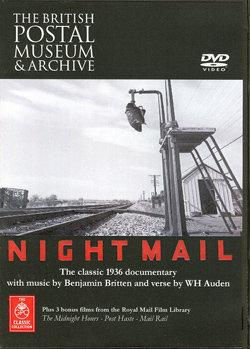
End
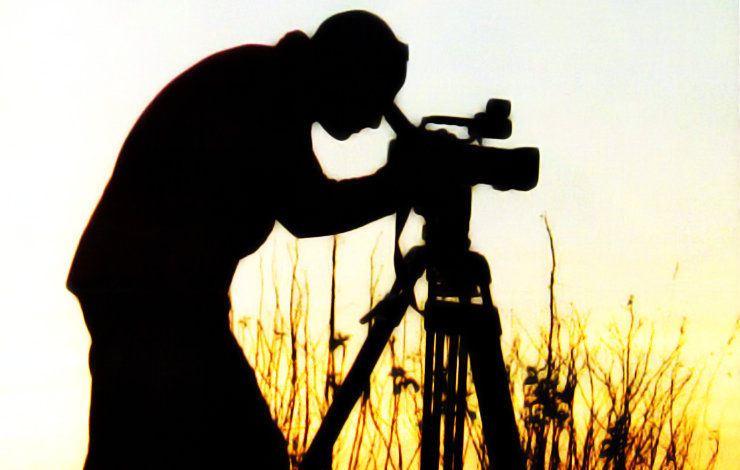
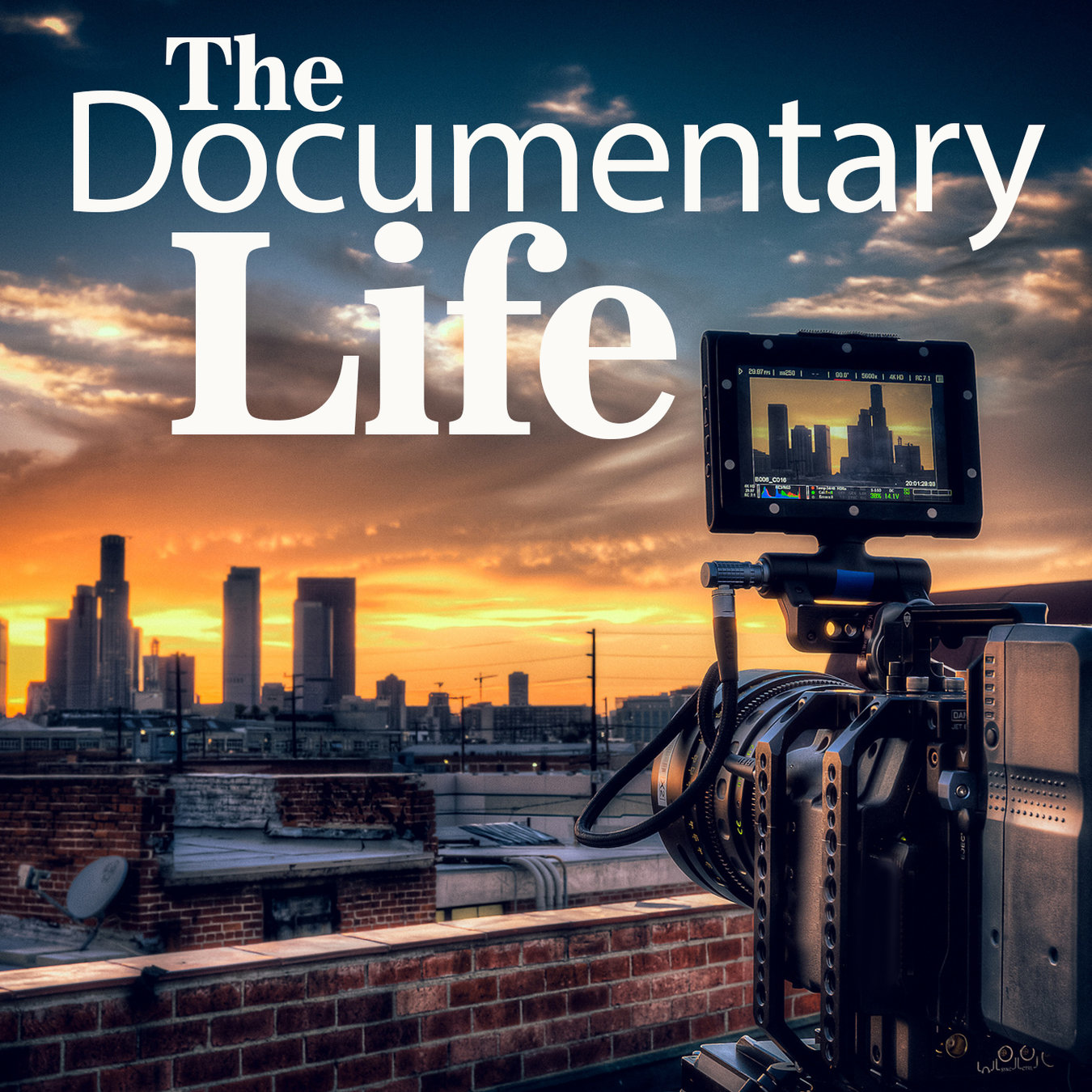

John Grierson
By Zhang Ziqi
John Grierson
This is a deck to give information about John Grierson, which is a very influential British filmmaker
- 554